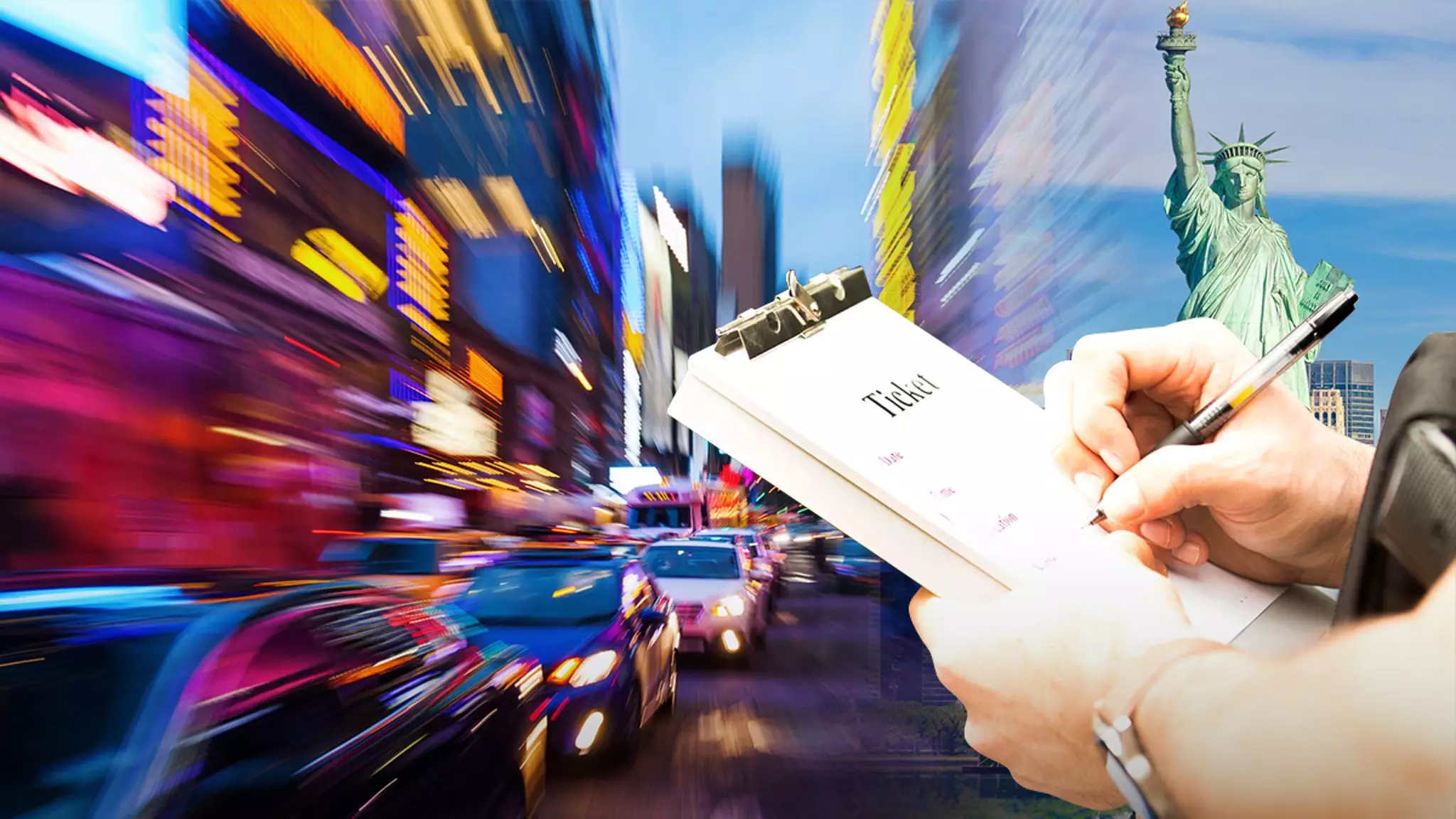As urban areas grapple with the threat of speeding and reckless driving, innovative solutions are increasingly being introduced to tackle these pressing issues. New York City is considering the adoption of accelerator restrictor technology as part of a pilot initiative known as Intelligent Speed Assistance (ISA). This potential move marks a significant shift from traditional punitive measures towards proactive legislation designed to modify driver behavior on the road. By utilizing GPS data and mapping systems, ISA has the capability to regulate a vehicle’s speed based on its location, specifically targeting areas notorious for speed violations, such as school zones and heavily trafficked streets.
A Focus on Repeat Offenders
The proposed legal framework intends to address chronic offenders—those drivers who habitually disregard speed limits and endanger lives, particularly in vulnerable zones. Groups like Transportation Alternatives are champions of this movement, underscoring the need to confront the alarming statistics of traffic violations and fatalities. The identification of habitual speeders, labeled “super speeders,” reveals a critical failure in the current enforcement system. With drivers racking up hundreds of tickets, merely suspending licenses has proven ineffective; up to 75% of individuals with suspended licenses continue to drive. This raises an unsettling question: How many lives must be compromised before we adopt technology that can prevent such reckless endangerment?
The Controversy Surrounding Implementation
While the aspirations for safer streets are commendable, the proposal is not free from dissent. Critics argue that mandating accelerator restrictors may overreach into personal freedoms, presenting concerns about government overreach. Furthermore, there is skepticism on the efficacy of the devices themselves. Will they genuinely deter repeat offenders, or will they merely serve as a band-aid solution in a flawed transportation system? The debate within the New York City Council reflects such concerns, highlighting the delicate balance between public safety and personal liberty.
Drawing a Line on Responsibility
It is essential to recognize that the primary objective of this initiative is to foster a culture of responsibility on the roads. As society evolves with the introduction of novel technologies, it becomes incumbent upon policymakers to ensure that these innovations are utilized to benefit the larger community. Through accelerator restrictors, New York City could set a precedent, potentially inspiring other states to follow suit. The solution must extend beyond punitive measures; it needs to encompass the idea of accountability in a meaningful way.
A fear remains that without thoughtful analysis and robust implementation strategies, the accelerator restrictor initiative may fall short of its lofty goals. As discussions within the NYC Council continue, advocates must ensure that the conversation remains centered on the voices of those most affected by reckless driving. After all, technology can only be as beneficial as the commitment to utilize it responsibly and ethically.

